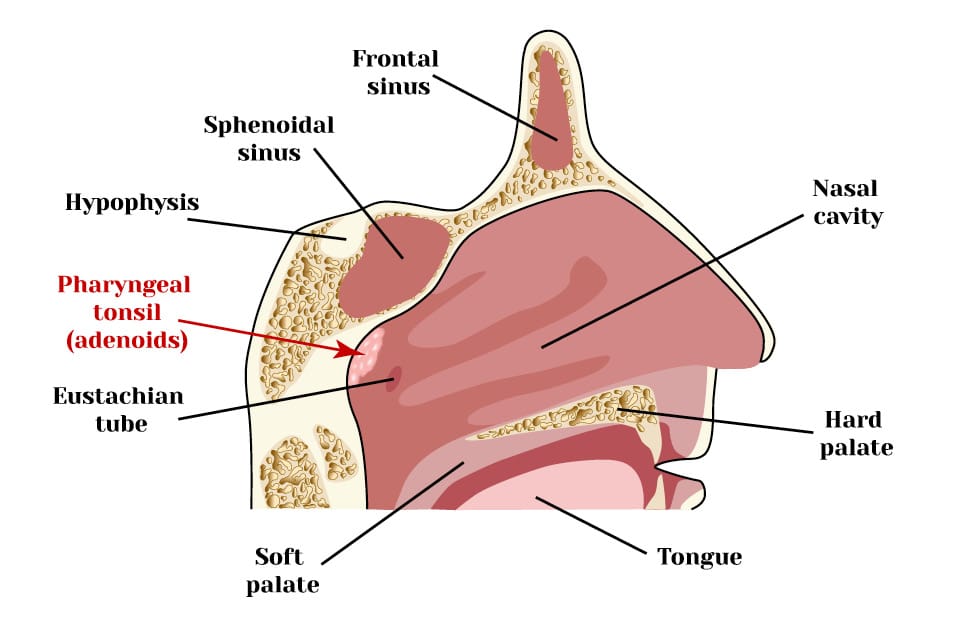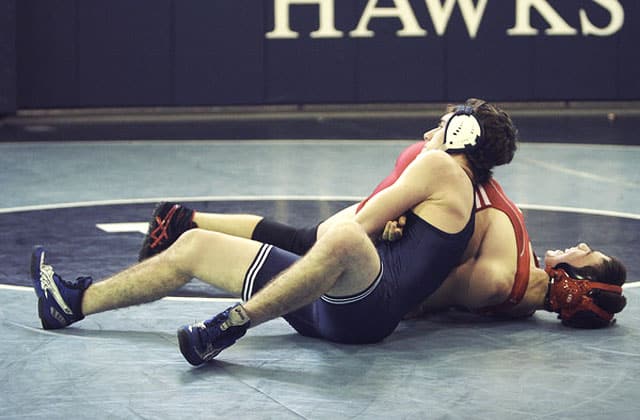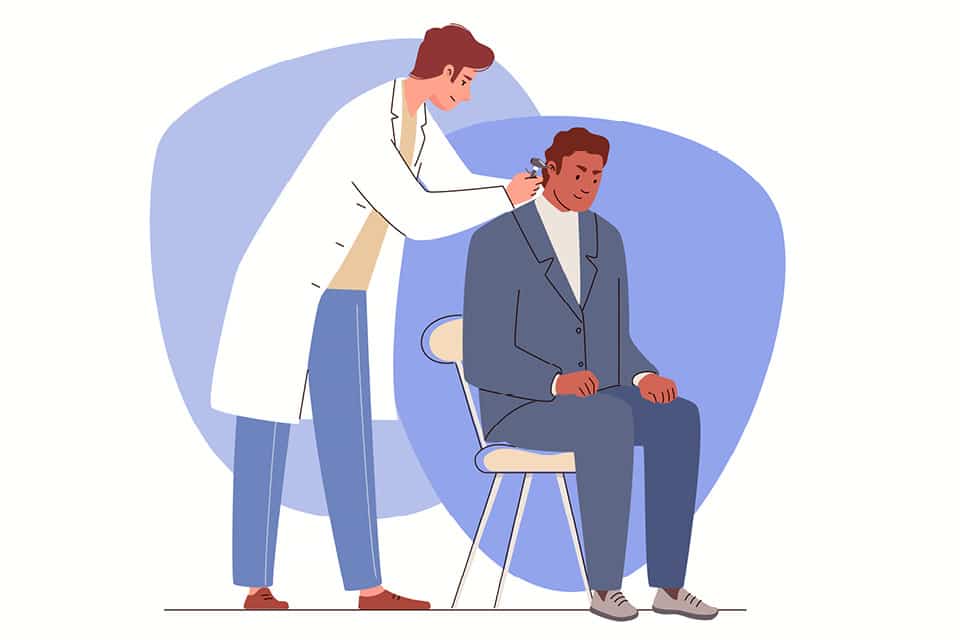Zenker’s Diverticulum – Tough to Swallow
 According to research, the average person swallows between 600 and 2,000 times a day. Swallowing is a complex process that involves numerous muscles and nerves. We rarely consider this process until swallowing becomes difficult, called dysphagia, or painful, called odynophagia. These symptoms may then lead to additional signs that swallowing is impaired, such as choking, gagging, drooling and coughing. The causes of abnormal swallowing function can range from having a piece of food or bone stuck in the throat to a narrowing or weakening of the esophagus to neurological disorders or possibly even cancer.
According to research, the average person swallows between 600 and 2,000 times a day. Swallowing is a complex process that involves numerous muscles and nerves. We rarely consider this process until swallowing becomes difficult, called dysphagia, or painful, called odynophagia. These symptoms may then lead to additional signs that swallowing is impaired, such as choking, gagging, drooling and coughing. The causes of abnormal swallowing function can range from having a piece of food or bone stuck in the throat to a narrowing or weakening of the esophagus to neurological disorders or possibly even cancer.
Swallowing difficulties can occur at any age but are most common among the elderly population due to the aging process and a natural weakening of the muscles of the esophagus which must propel the food toward the stomach. Sometimes weakening of the wall of the throat can also lead to dysphagia. One such cause of dysphagia in older patients is a Zenker’s diverticulum.
What Is Zenker’s Diverticulum?
A Zenker’s diverticulum is a pouch that forms at the entrance to the esophagus (the swallowing tube). In some patients, during swallowingthere is excessive pressure against the back wall of the throat caused by excess contraction of the sphincter muscle at the entrance to the esophagus. Over a lifetime of swallowing, this causes the weakest portion of the pharyngeal wall to balloon out. Over time, as the balloon grows, a false passageway called a diverticulum forms which can gradually increase in size and become several centimeters in diameter. Thus, this is a condition almost always seen in the elderly (patients over 60).
The most common symptoms of a Zenker’s diverticulum are:
- Difficulty swallowing food
- Choking
- Collection of mucus in the throat
- Hoarseness and/or bad breath
When the Zenker’s diverticulum is small, most patients usually experience no symptoms, but as it increases in size, over time, the symptoms listed above begin to develop. Food may be regurgitated back into the throat or mouth in a relatively undigested form, several minutes to hours after eating. Patients may even feel or see a large lump in their neck, typically on their left side, that increases in size after eating.
Diagnosis
The diagnosis of a Zenker’s diverticulum is made using a simple radiographic test called a barium swallow. A contrast material called barium is swallowed and the diverticulum is able to be visualized using a real-time x-ray called fluoroscopy.
Treatment
Surgical intervention is the only treatment available that will effectively cure patients with a Zenker’s diverticulum, permanently relieving symptoms and improving the quality of life. There are no medications available that will treat the condition and if left untreated, patients with a Zenker’s diverticulum will continue to have difficulty swallowing, with possible associated risks of weight loss, malnutrition, and pneumonia caused by food entering the lungs from the pouch. Although uncommon, these can be life-threatening.
The physicians at CornerStone Ear, Nose & Throat are experts at diagnosing and treating swallowing problems. We can perform an endoscopic excision of a Zenker’s diverticulum which is an approach done through the mouth to correct the Zenker’s diverticulum. This newer technique is less invasive than the traditional approach of removing a Zenker’s diverticulum through an incision in the neck. This allows for a quicker recovery and return to a normal diet in a shorter period of time. Although technically difficult, this procedure is a safer approach for the patient when it can be performed successfully.
Patients experiencing prolonged difficult or painful swallowing should consult one of the board-certified otolaryngologists at CornerStone Ear, Nose and Throat, PA. While these symptoms could indicate a Zenker’s diverticulum, there are a variety of other conditions that could be the cause. The physicians at CornerStone Ear, Nose & Throat, PA, will gladly help you understand and resolve your swallowing difficulties.



